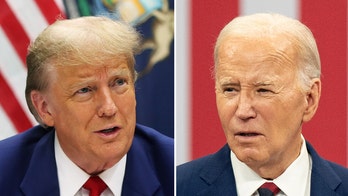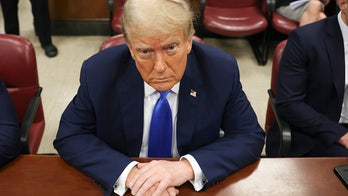WASHINGTON—The Obama administration is pushing to revive a failed deal for Iran to send some of its nuclear stockpile overseas in exchange for assistance with peaceful nuclear technology, according to senior U.S. officials. The aim is to try to reduce Tehran's ability to quickly produce an atomic weapon.
Washington and other Western capitals are hoping Tehran will return to the negotiating table because they believe a fresh round of international economic sanctions against Iran—put in place after the previous fuel-swap deal fell apart last year—has begun to bite hard.
The U.S. is accelerating its efforts to present Iran with a new offer as part of broader talks on Iran's nuclear program planned for Vienna next month, according to three officials briefed on the diplomacy. Such a meeting would mark the first direct negotiation between U.S. and Iranian officials on the nuclear issue in more than a year.
On Tuesday, Tehran began loading Russian-supplied fuel rods into the core of its Bushehr nuclear plant. Iranian officials said they hoped the Bushehr plant, which the U.S had lobbied Russia to delay, could begin producing power in two to three months. Tehran continues to maintain its nuclear intentions are peaceful, and Iranian President Mahmoud Ahmadinejad has remained publicly defiant toward the international community about Iran's program.
U.S. officials have been talking with allies about ways to expand the original fuel-swap deal to remove more of the stockpile, because Iran has been enriching more uranium since the previous talks broke down. Instead of 1,200 kilograms discussed then, Iran would need to agree to release or secure at least 50% more, or 1,800 kilograms, to stay below bomb-making levels, according to nuclear experts.
One idea the U.S. raised would send some of the stockpile overseas for eventual use in the Bushehr plant. But France rejected that idea because it risked legitimizing Iran's right to produce nuclear fuel, which the United Nations Security Council has opposed, spurring the sanctions. "We have to keep a focus on whether we're going to increase or diminish the pressure on Iran," said a European official briefed on the discussions.
Since the sanctions took effect, scores of international corporations and banks have severed their business ties to Iran, and Iranian businesses have said they've faced shortages of fuel and foreign exchange. Still, Western diplomats don't know what reception Tehran would give a new fuel-swap plan. During the most recent U.N. General Assembly in New York in September, U.S. officials indicated they thought Ahmadinejad was open to pursuing friendlier contact with the West, only to be disappointed when he gave a vitriolic anti-U.S. speech.




